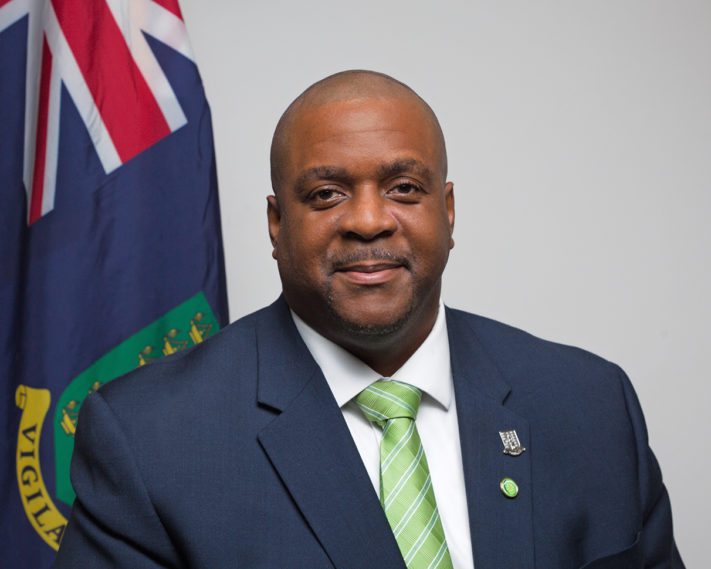On 9 and 10 July, G20 Finance Ministers and Central Bank Governors endorsed the key components set out in the “Statement on a two-pillar solution to address the tax challenges arising from the digitalisation of the economy” released by the OECD/G20 Inclusive Framework on Base Erosion and Profit Shifting (BEPS) on July 1. The majority of countries and jurisdictions of the OECD’s Inclusive Framework joined the Statement. BVI, as a member of the Inclusive Framework, has been part of the on-going discussions and will continue to be an active participant as the Inclusive Framework continues its technical discussions up to October 2021, in time to report to the next G20 meeting.
Speaking on behalf of the BVI Government on the outcome of the G20 meeting and events leading up to it, Premier and Minister of Finance, Honourable Andrew A. Fahie, said, “I reaffirm the Territory’s commitment to international standards and regulatory practices. I am proud that BVI remains a responsible player in the global financial services landscape. Efforts by the OECD to develop a solution to the tax challenges posed by the digitalization of the economy recognize the complexity of the challenge and the need to allow flexibility in its approach. We remain confident of the attractiveness of the Virgin Islands as a significant financial centre capable of serving the needs of international clients.” The OECD digitalisation initiative is a two-prong proposal to harmonise (a) a unified approach to the allocation of tax rights amongst countries where business takes place and, (b) a global minimum tax on all types of business. An October 2021 deadline has been set for finalising the remaining technical work on both pillars.

